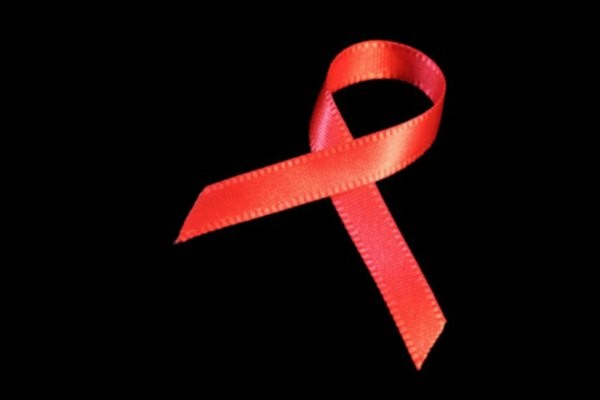The Trump administration has signaled its support for a strategy to combat AIDS issued by the Obama administration.
The Department of Health & Human Services' Office of HIV/AIDS & Infectious Disease Policy said in a 69-page progress report that "the Trump administration has affirmed its support" for the 2010 national AIDS strategy, which was issued by the Obama administration.
The strategy was cheered by AIDS activists who had criticized previous administrations for not outlining a comprehensive strategy for combating the epidemic domestically. An update to the strategy was released in 2015, and officials have said they will continue updating it every five years.
"Our country is at a crossroads," former President Barack Obama said in a letter announcing the policy. "Right now, we are experiencing a domestic epidemic that demands a renewed commitment, increased public attention, and leadership."
Carl Schmid, deputy executive director of the AIDS Institute, cheered the news.
"We're pleased that they adopted this," Schmid said. "We know it was approved by the secretary's office and that they're moving forward. Commitment to ending AIDS was in there, which is really important and that they want to also start the process of drafting a new strategy."
The policy was groundbreaking in its inclusion of setting a goal of reducing stigma associated with the disease, as well as focusing resources on groups most at-risk for infection, including gay and bisexual men and African-Americans.
In December, Trump fired the remaining members of the President's Advisory Council on HIV/AIDS (PACHA) after six members resigned in June, 2017 over the administration's inaction on the epidemic.
(Related: Trump fires all members of HIV/AIDS council.)
The Department of Health & Human Services' Office of HIV/AIDS & Infectious Disease Policy said in a 69-page progress report that "the Trump administration has affirmed its support" for the 2010 national AIDS strategy, which was issued by the Obama administration.
The strategy was cheered by AIDS activists who had criticized previous administrations for not outlining a comprehensive strategy for combating the epidemic domestically. An update to the strategy was released in 2015, and officials have said they will continue updating it every five years.
"Our country is at a crossroads," former President Barack Obama said in a letter announcing the policy. "Right now, we are experiencing a domestic epidemic that demands a renewed commitment, increased public attention, and leadership."
Carl Schmid, deputy executive director of the AIDS Institute, cheered the news.
"We're pleased that they adopted this," Schmid said. "We know it was approved by the secretary's office and that they're moving forward. Commitment to ending AIDS was in there, which is really important and that they want to also start the process of drafting a new strategy."
The policy was groundbreaking in its inclusion of setting a goal of reducing stigma associated with the disease, as well as focusing resources on groups most at-risk for infection, including gay and bisexual men and African-Americans.
In December, Trump fired the remaining members of the President's Advisory Council on HIV/AIDS (PACHA) after six members resigned in June, 2017 over the administration's inaction on the epidemic.
(Related: Trump fires all members of HIV/AIDS council.)
Article provided in partnership with On Top Magazine






